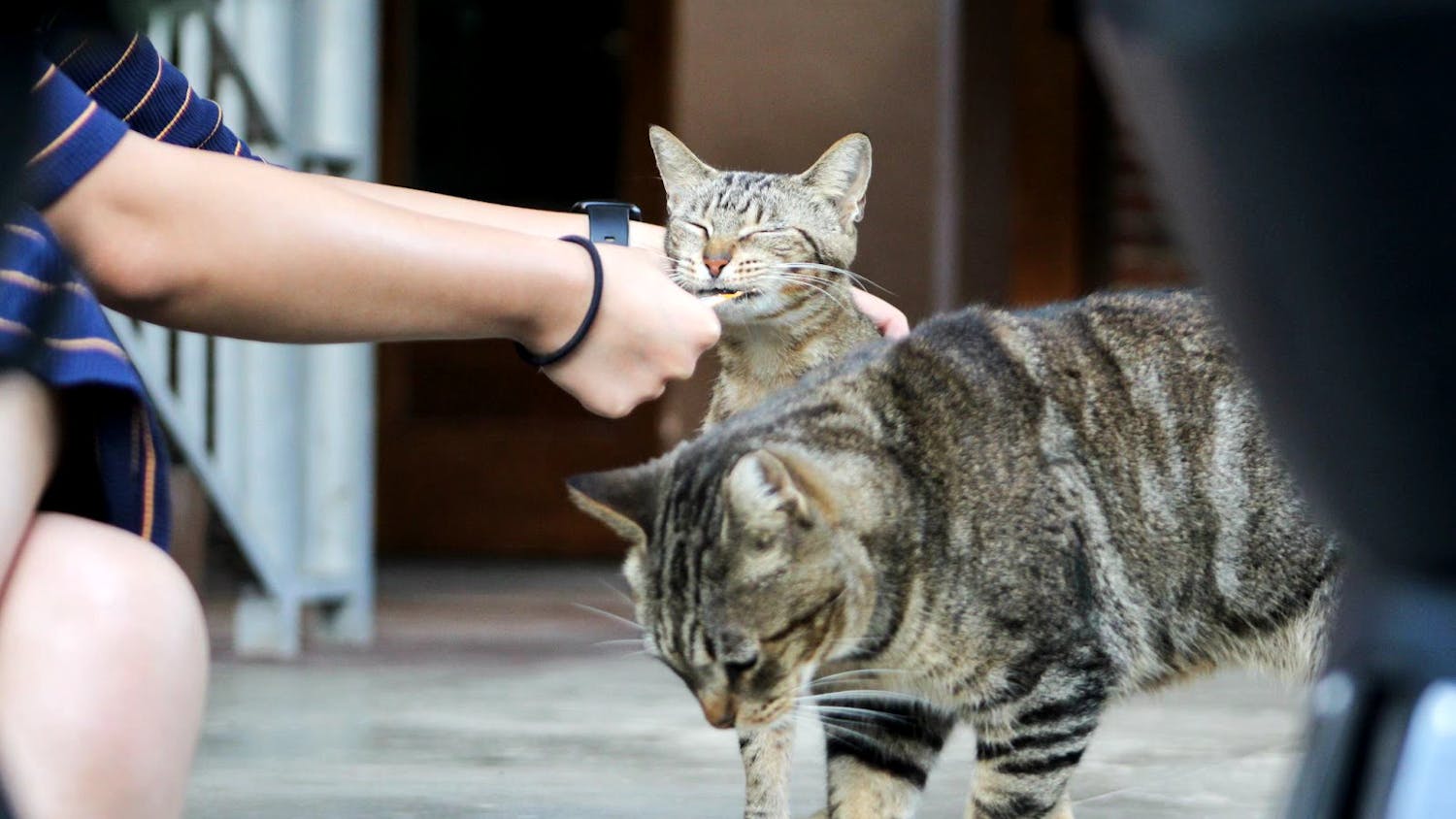It’s been a week since Hurricane Irma did a number on the Caribbean islands, Puerto Rico, Florida, Georgia and South Carolina. Many are still reeling from the damages, stress and anxiety brought on by the storm. More than 6.5 million people were told to evacuate Florida based on the projection of the storm, and a lot of them did. The interstates quickly became clogged with terrified people desperate to get themselves and their loved ones out of the storm’s path.
For many people, the blanket term “loved ones,” includes pets. The internet exploded during Harvey and Irma with photos of cats and dogs left behind to fend for themselves. Probably the most popular photo depicted a cat swimming through Texas floodwaters looking extremely displeased. While many people laughed at this photo, it is important to note what may have happened in order for this photo to exist. It is entirely possible the cat ran away or was not someone’s pet. However, many photos of pets in Texas and Florida during the past couple weeks depict pets left behind by their owners who evacuated.
I get it, not all shelters are pet-friendly. This makes evacuating with pets a real challenge if you’re relying on a shelter close to home rather than evacuating to another city. Pets can be difficult to travel with, especially when you and your furry friends are not used to traveling together.
I saw some posts on social media advertising that it is actually illegal for hotels or motels to refuse to accommodate pets under the Pets Evacuation and Transportation Standards Act of 2006.
Unfortunately, this is inaccurate, but the PETS Act does make evacuating with pets much easier than it used to be. It ensures state and local emergency preparedness operational plans address the needs of individuals with pets and service animals following a major disaster or emergency. It authorizes the Federal Emergency Management Agency to provide rescue, care, shelter and essential needs for pet owners and the pets themselves following a disaster or emergency.
The point is, the preparedness and aftermath procedures put in place by the government account for pets. It may not be made immensely easy to evacuate with them, but then again, evacuating in general is never easy. Packing up and leaving your home behind because it is no longer safe is terrifying. However, do you know what else is terrifying? Being tied up by the person you love most in the world and left alone while a massive storm rolls directly over you. When you adopt or purchase an animal, you are making a commitment to that animal. You promise to love and take care of it. You are adding it to your family. Possessions are replaceable. Homes, while expensive and with sentimental value, are repairable. Your family is not. Your spouse is not. Your kids are not. Your pets are not either.
During Hurricane Katrina, thousands of animals were left behind as people ran for their lives. Some were rescued and some were unfortunately not. People risk their lives to rescue animals that aren’t even their own while the evacuees who left them behind are making themselves safe. I don’t pretend to know what everyone who leaves their pet behind is thinking. I do know, however, they aren’t thinking about their pet. If you wouldn’t bring your pet with you, even if you would not be able to if you wanted to, do not get a pet.
Pets are blessings in our lives, and they bring us joy and companionship. If you cannot offer them safety, if nothing else, having a pet is not the right decision for you. Unconditional love should work both ways.
Taylor Cavaliere is a UF journalism and psychology junior. Her column appears on Mondays.




